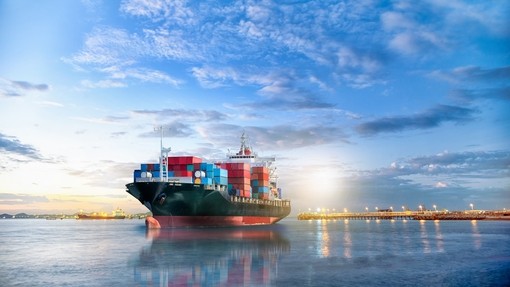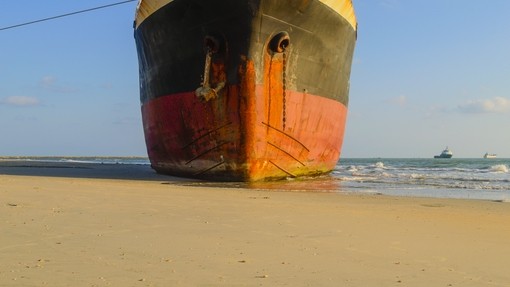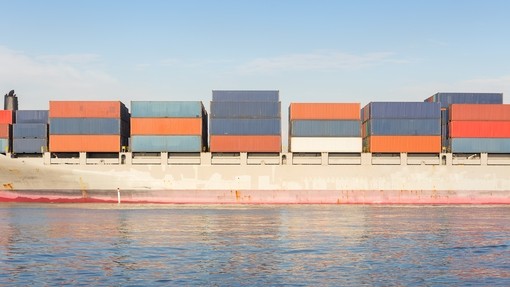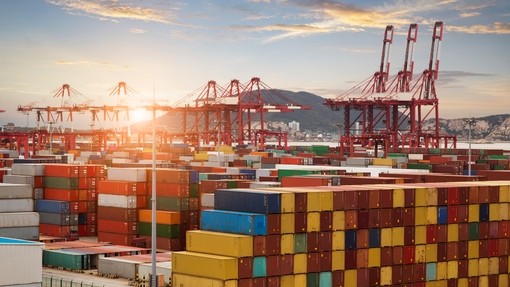Shipments of waste and no-deal Brexit

Details
Regulation (EC) No 1013/2006 of the European Parliament and of the Council of 14 June 2006 on shipments of waste (the Waste Shipment Regulation) incorporates into EU law the provisions of the Basel Convention on the Control of Transboundary Movements of Hazardous Wastes and their Disposal (the Basel Convention) and also the revised 2001 decision of the Organisation for Economic Cooperation and Development (OECD - OECD Decision C(2001)107 on the Control of Transboundary Movements of Wastes Destined for Recovery Operations as amended by OECD Decision C(2004)20), establishing procedures for the shipment of waste.
In the UK, the Transfrontier Shipment of Waste Regulations 2007 (as amended by the Transfrontier Shipment of Waste (Amendment) Regulations 2014 (Regulations) which came into force on 1 May 2014) supplement the Waste Shipment Regulation by designating the UK competent authorities and setting out offences and penalties.
For an overview of the applicable regime, with regard to the shipment of waste within the EU and briefly in the UK, please see our previous article.
Under the existing regulatory framework, the controls that apply to any waste shipment will depend on the type of waste (hazardous waste where prior notification and consent from the relevant countries’ competent authorities is required and non-hazardous waste where less stringent requirements apply); the country of destination; and the intended use of the waste (disposal or recovery).
In November 2018, the European Commission issued a revised notice to stakeholders regarding the withdrawal of the UK from the EU and – by extension - EU waste law, underlining that preparing for the withdrawal is not just a matter for the EU and national authorities, but also for private parties. The UK government has also issued guidance relating to changes to rules around waste should the UK leave the EU with no deal on 29 March 2019. The key points are summarised below:
- In case of no deal, the current position is that, as from 29 March 2019 23:00 (GMT), the UK will become a third, non-EU country,
- However, the UK will remain a party to and be bound by the Basel Convention, an international convention the UK signed in 1989 and ratified in 1994. Similarly, the UK will remain an OECD country.
Exports of waste from the UK to the EU
Exports of waste to the EU from a third country that is a party to the Basel Convention remain allowed, subject to the requirements outlined in the Waste Shipment Regulation.
In case of shipments for disposal, before a notification to export waste to the EU is completed, the UK government will have to submit a duly reasoned request to the applicable competent authority, explaining why the required disposal facilities are not available in the UK. However, this new requirement is unlikely to have any serious impact given that, according to the UK Plan for Shipments of Waste, exports of waste from the UK for the purposes of disposal are prohibited (apart from some limited exceptions), in line with the principles of proximity, self-sufficiency and priority for recovery.
The procedures of exports of non-hazardous waste for recycling will remain unaffected.
Imports of waste from the EU to the UK
The Waste Shipment Regulation prohibits the export of waste for disposal and mixed waste for recovery from the EU to a third country, unless this country is a member of the European Free Trade Association and a party to the Basel Convention. This means that, if there is no deal, these type of shipments from EU countries to the UK will be prohibited.
The procedures of exports of non-hazardous waste for recycling will remain unaffected.
In view of the existing uncertainties, it is important that relevant parties and stakeholders follow the latest developments, so that they do not fall foul of the applicable regime. In the UK, failure to follow the Regulations may lead to risk of prosecution, financial penalties and/or imprisonment.






